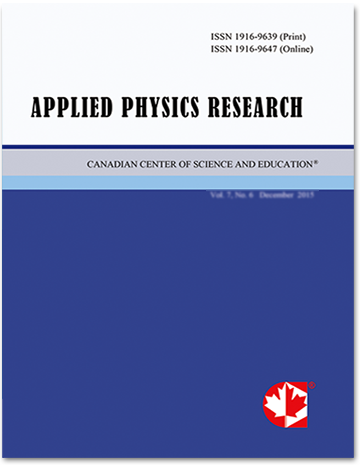The Effects of Intermolecular Energy Transfers on a Closed Power Cycle’s Efficiency
- David Van Den Einde
Abstract
The efficiency of the power cycle described in this paper is affected by the transfer of energy between molecular potential and translational during the expansion and contraction of its working fluid. How the thermodynamic interrelationships between the temperature, volume changes, and changes in the molecular mean free paths determine this energy shift and their affects on cycle efficiency is discussed.
- Full Text:
 PDF
PDF
- DOI:10.5539/apr.v10n1p5
Journal Metrics
Google-based Impact Factor (2017): 3.90
h-index (November 2017): 17
i10-index (November 2017): 33
h5-index (November 2017): 12
h5-median (November 2017): 19
Index
- Bibliography and Index of Geology
- Civil Engineering Abstracts
- CNKI Scholar
- CrossRef
- EBSCOhost
- Excellence in Research for Australia (ERA)
- Google Scholar
- Infotrieve
- LOCKSS
- NewJour
- Open J-Gate
- PKP Open Archives Harvester
- SHERPA/RoMEO
- Standard Periodical Directory
- Ulrich's
- Universe Digital Library
- WorldCat
Contact
- William ChenEditorial Assistant
- apr@ccsenet.org
